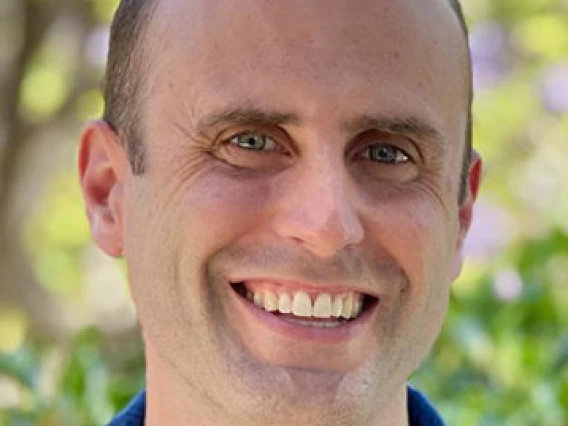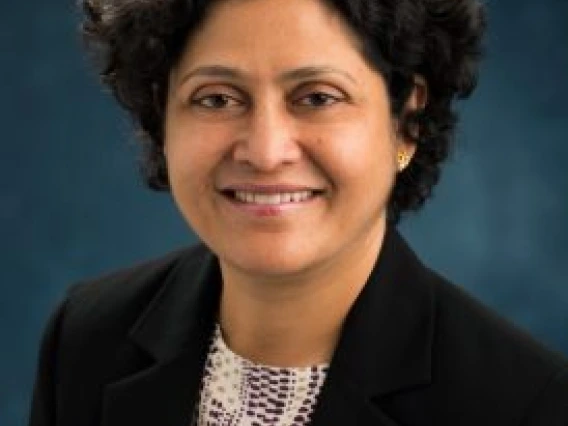Dynamics Initiative
The TAP Dynamics Initiative brings together dynamicists to tackle fundamental problems in dynamics across a vast range of physical scales, from the motions of dark matter particles in galactic halos, to the dynamics of planetary and stellar bodies, all the way to galactic collisions.
Join the Dynamics Mailing List
For meeting times and locations contact Dynamics Initiative Leads Kathryn Daniel, Kaitlin Kratter, or Renu Malhotra.
Upcoming Dynamics Initiative Lectures
TAP Dynamics Initiative Lectures are scheduled for the Spring semester.
Check back in December or January for the Upcoming Guest Speaker
Affiliated Research Groups

Besla Research Group
We study galactic dynamics using high-resolution simulations, analytic models, and high-precision astrometric data, with a particular focus on the dynamics of galaxies in our Local Group and low mass galaxies across cosmic time.
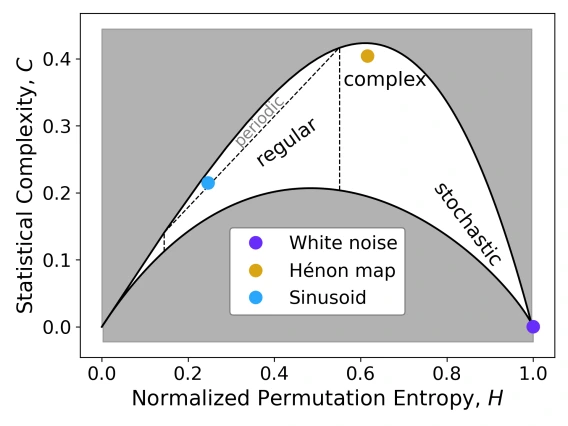
Daniel Research Group
Our group studies the dynamics of galaxies, from orbits to the nature and evolution of major morphological structures, such as spiral arms and bars. Our research includes questions about the interplay between these components, how resonances evolve galaxy morphologies and population distributions, and chrono-chemo-dynamic signatures that can reveal the dynamical history of the Milky Way.
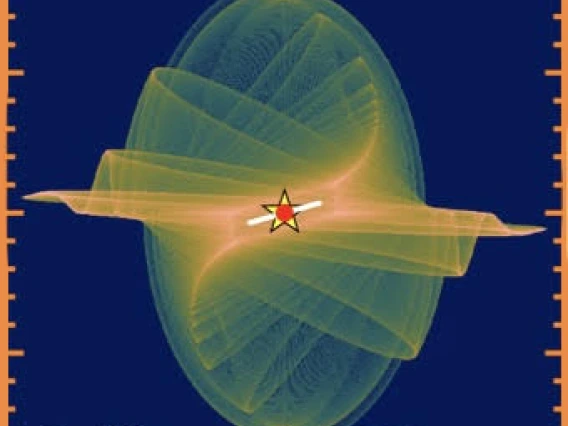
Kratter Research Group
We study the dynamics of binary stars and their planets, using their orbital properties to constrain formation and evolution models. Our group also works on protostellar and protoplanetary disk dynamics, including interactions with companions across the mass spectrum.
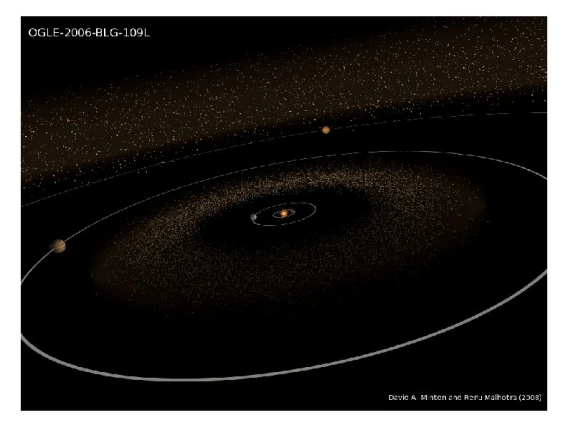
Malhotra Research Group
We seek to discover the past and future of planetary systems – the diverse effects of gravity that shape where and how planets form and how their orbits evolve in time, how dynamical transport processes of planetary materials operate across vast distances in space and over geologically long times, and how orbital dynamics shapes terrestrial and extra-terrestrial environments.


